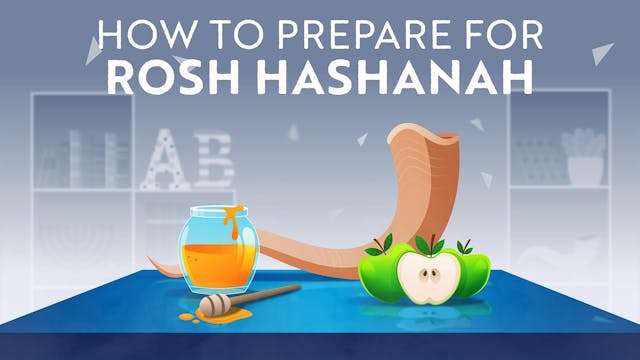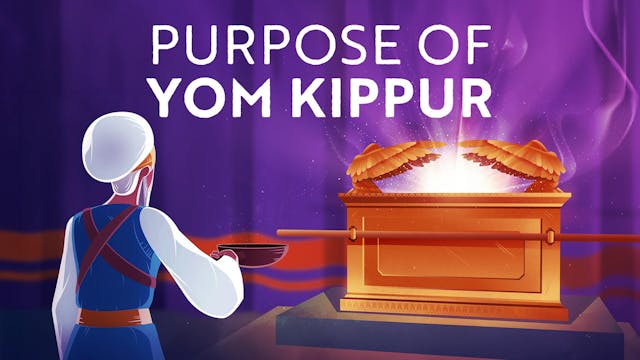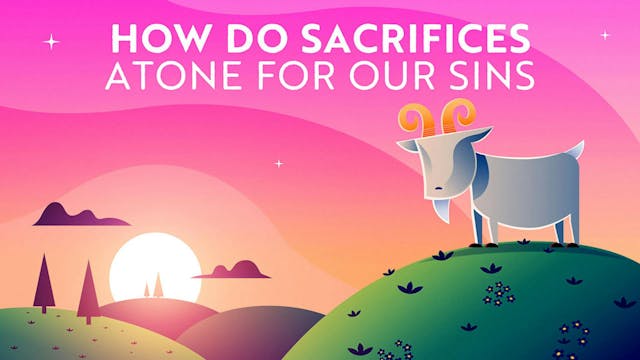Elul & The High Holidays 2024: Meaning, Traditions and Preparation
Just How Guilty Should I Feel?
The High Holidays are a time for repentance, but introspection can easily slip into overwhelm when it comes to facing our flaws. Can a deeper look at the 13 Attributes of Mercy help us find the true path to forgiveness?
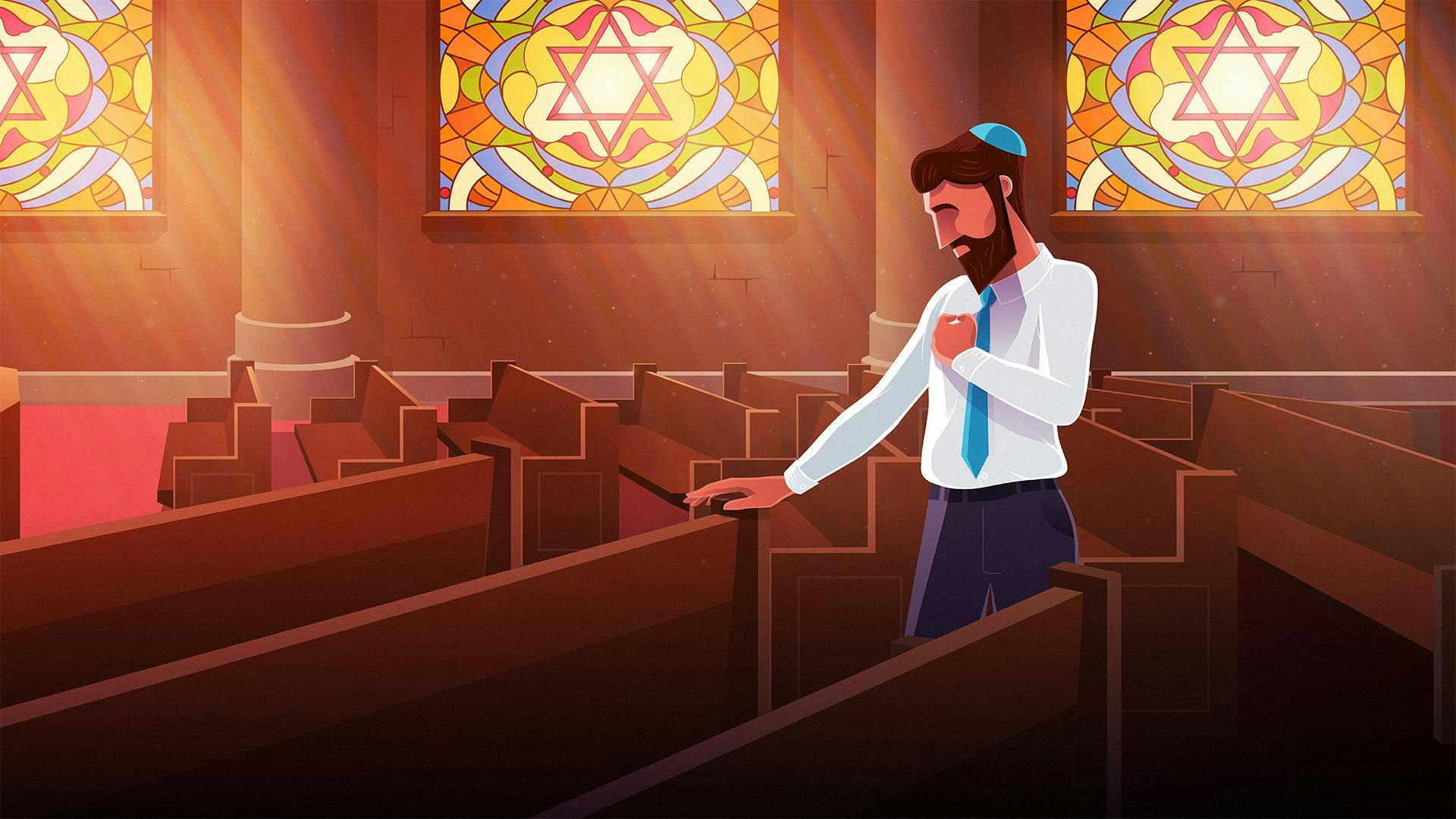
High Holiday Videos
When is Elul and the High Holidays 2024?
Rosh Chodesh Elul 2024 begins on September 2, 2024 and Rosh Hashanah begins at sundown on October 2, 2024. Yom Kippur begins at sundown on October 11, 2024.
High Holiday Podcasts

Yamim Noraim And The Difference Between Awe And Fear
Video • 1 hour, 18 min
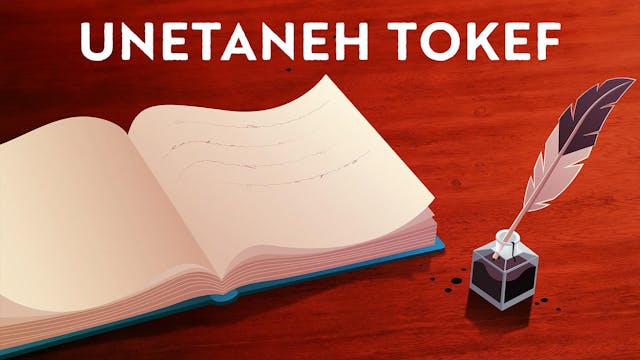
Commentary On Unetaneh Tokef - The High Holiday’s Scariest Prayer
Video • 1 hour, 11 min
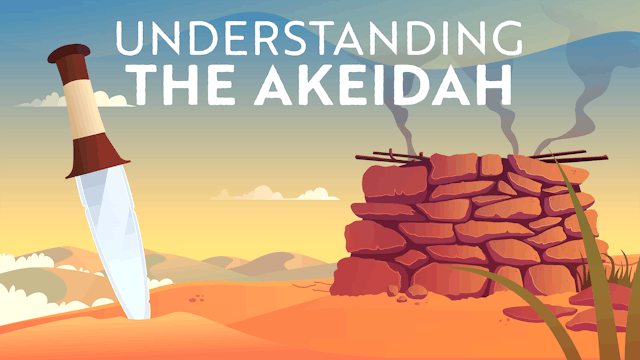
Why Did God Ask Abraham To Sacrifice His Son?
Video series • Part 1 of 7 • 48 min

Is It Kosher To Argue With God?
Video series • Part 1 of 10 • 36 min
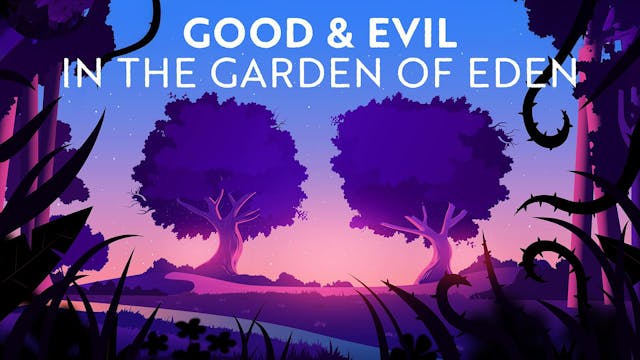
The Tree Of Life Vs The Tree Of Knowledge
Video series • Part 1 of 8 • 53 min
High Holiday Resources
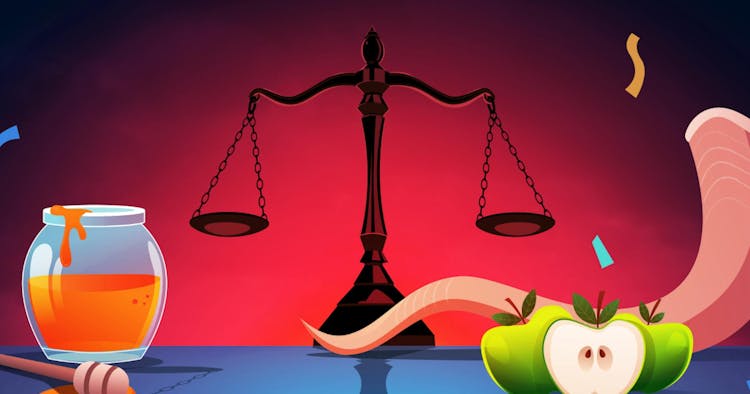
Rosh Hashanah: Day of Judgment or Day of Celebration?
101 Guide
. Rosh Hashanah comes around every year. But despite this fact, many of us find ourselves approaching the day unprepared. Part of that has to do with confusion about the essence of the day. Is Rosh Hashanah a day of guilt and remorse, or a day of celebration?
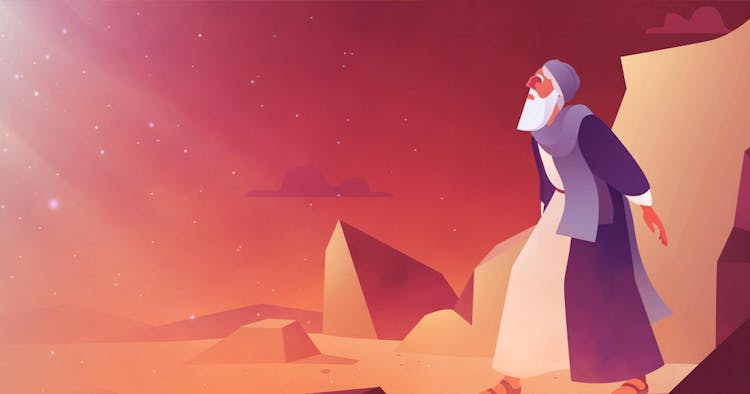
The Secret Message of Unetaneh Tokef
101 Guide
Unetanah Tokef is one of the most important of the Rosh Hashanah prayers. It bestows a sense of awe and dread on anyone who hears it chanted in synagogue. But there’s a hidden message in Unetaneh Tokef, one that can change the way we understand the holiday.

The Meaning of the Book of Jonah
101 Guide
. What do we learn from Jonah the Prophet and why is this lesson so important to internalize on Yom Kippur?

Rosh Hashanah 2024: Top 3 Most Inspiring Videos
101 Guide
. Rosh Hashanah 2024 is coming soon. There’s a lot to prepare for this year’s three day yom-tov, including ourselves. These eye-opening videos will clue you into the deeper meaning behind the Rosh Hashanah holiday, so you can go into those hours in shul with a game plan.

5 Steps to More Meaningful Rosh Hashanah Prayer
101 Guide
. As we approach Rosh Hashanah, many of us find ourselves confused about how to properly pray on the holiday. Should we be confessing our sins and begging for forgiveness? Or is the Jewish New Year about something else entirely? Take a look to discover 5 tips straight from Torah sources for a more meaningful Rosh Hashanah experience.
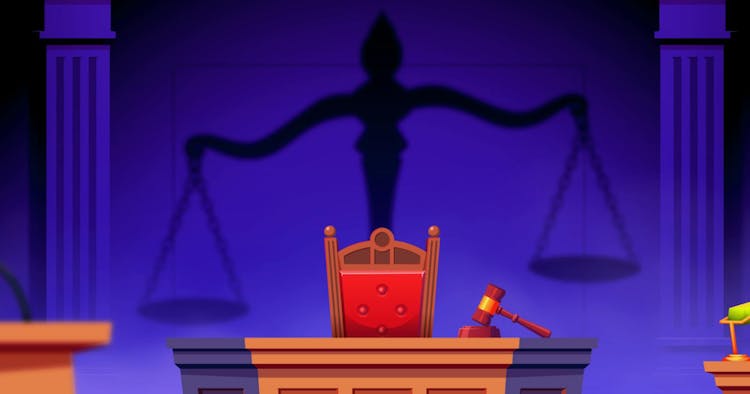
Rosh Hashanah: The Jewish New Year
101 Guide
. Discover Rosh Hashanah 2024, the Jewish New Year, its traditions like the shofar, symbolic foods, and its role in the High Holidays. Learn about its significance as a time for reflection, repentance, and renewal during this two-day celebration.
High Holiday Printable Materials

High Holiday Reader
Holiday Guide
A printable guide to help you gain a new understanding of prayer, awe, and fear on the yamim noraim.

Rosh Hashanah Study Guide
Holiday Guide
A printable guide to aid our video series "How To Prepare For Rosh Hashanah."
Elul 2024
Elul Preparation
Some of the traditions and customs during the month of Elul include:
The month of Elul begins on September 4, 2024, and ends October 2, 2024. The Hebrew month of Elul is a time of repentance in preparation for the High Holy Days of Rosh Hashanah (Tishrei 1–2) and Yom Kippur (Tishrei 10).
According to the Talmud, the word “Elul” is an acronym for Ani L’dodi V’dodi Li – a phrase from the Song of Songs which translates to “I am my beloved’s and my beloved is mine,” where beloved allegorically refers to God.
As such, it is a time to reshape our lives and return to God. Elul is a month of deep introspection, where we ask for forgiveness so we can come into the New Year – Rosh Hashanah – with a clean slate.
Elul Traditions
- Shofar blowing every morning (except for Sabbath) from Rosh Chodesh Elul until the day before Rosh Hashanah. The shofar blasts are meant to inspire us to begin our soul searching and repentance in preparation for the High Holy Days.
- Many recite Psalm 27 every day from Rosh Chodesh Elul through Sukkot.
- Special penitential prayers called Selichot are added to prayer services before Rosh HaShanah, on either the first Saturday night beforehand or the Saturday night prior to that, depending on what day of week Rosh Hashanah falls out.
What Are The High Holidays?
The High Holidays refer to Rosh Hashanah, the Jewish New Year, and Yom Kippur, the Day of Atonement. They are the first two holidays in the Jewish calendar cycle, and mark the beginning and end of the 10 Days of Repentance.
The 10 Days Of Awe
Rosh Hashanah is the day we crown God as King of the universe. On that day, our fate for the upcoming year is “written” in a Divine book of judgments. That fate is then held in balance for 10 days wherein everyone has the chance to repent and alter their verdict until it is “sealed” on Yom Kippur.
This period is known as the 10 Days of Awe or the 10 Days of Repentance and they occur in the first 10 days of Tishrei. It is a time of intense repentance, prayer, and charity – the three things said to remove the evil decree.




